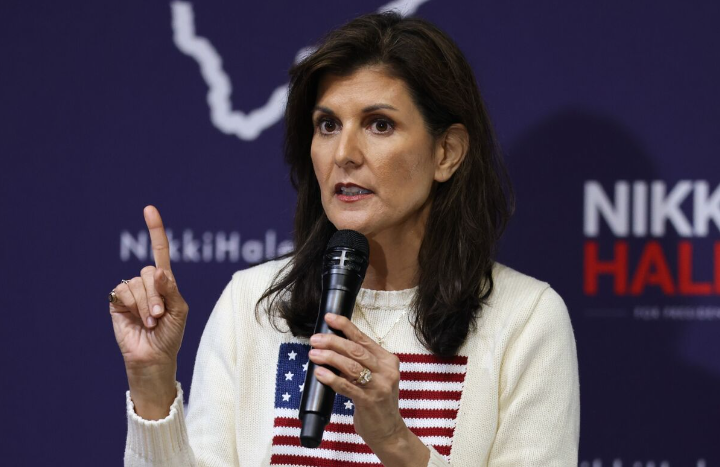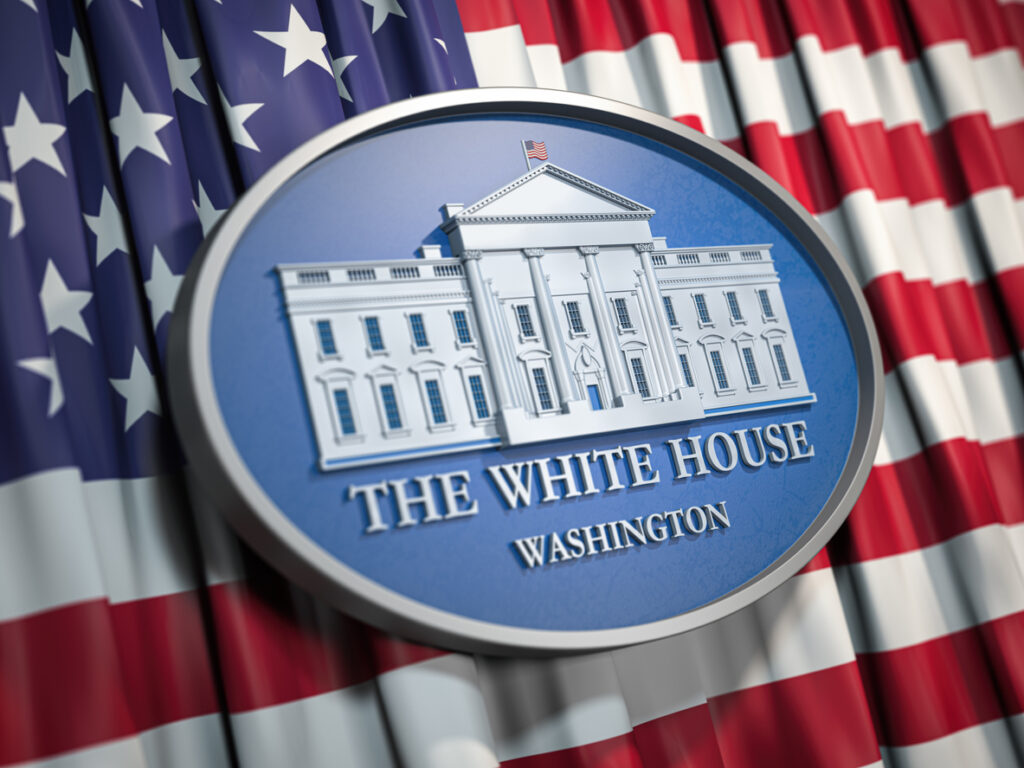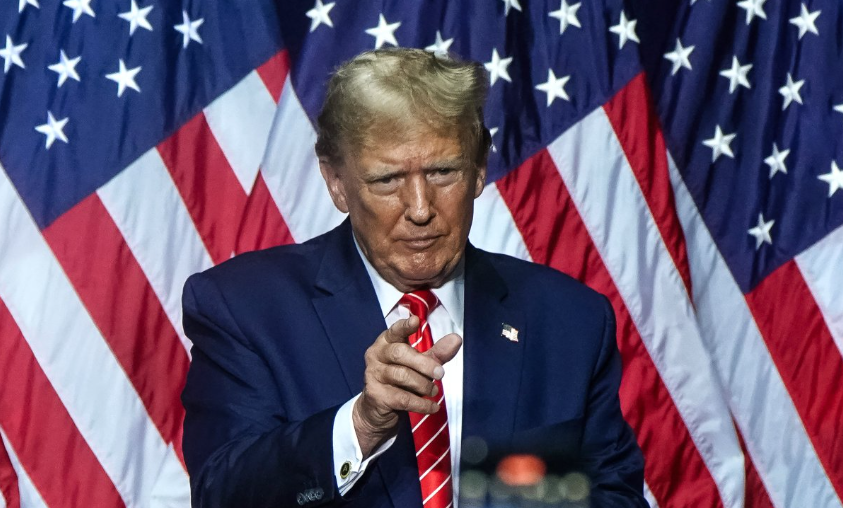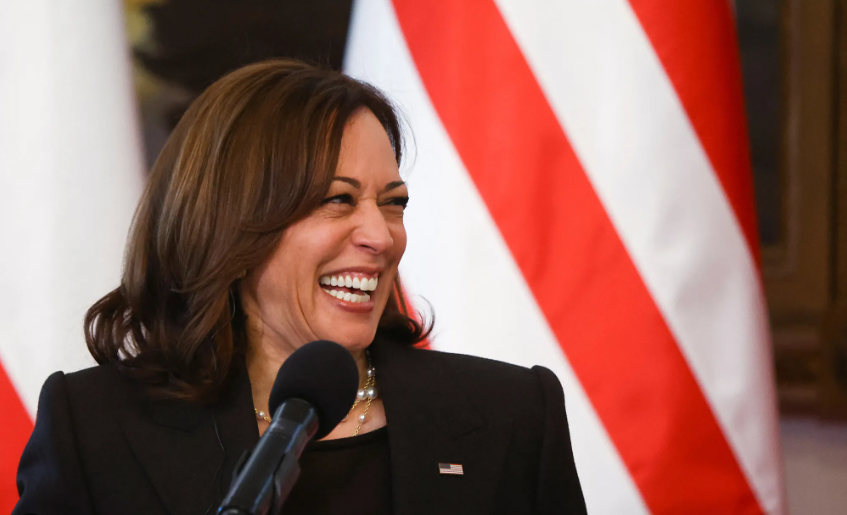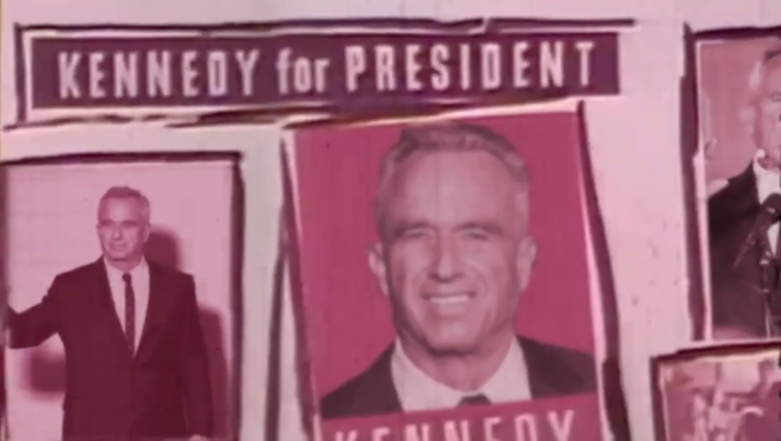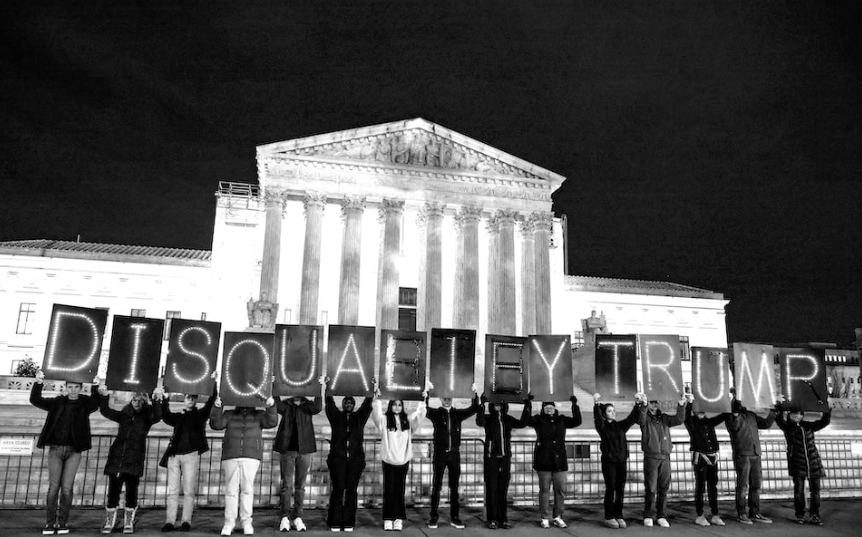Credit: Reuters
In a recent turn of events that feels more like a lively debate club meeting than the usual political discourse, Nikki Haley has thrown a playful jab at former President Donald Trump’s fond recollections of his camaraderie with Chinese President Xi Jinping. Haley, bringing a touch of humor to the serious world of politics, quipped, “Praising dictators is not normal. Make America normal again.” This statement, shared on X (the platform formerly known as Twitter), comes as a light-hearted yet poignant critique of Trump’s nostalgic nod to his “very good friend” Xi, amidst discussions of escalating tariffs on Chinese imports.
During a chat on “Sunday Morning Futures,” where conversations often dive into the future of America’s economy and international relations, Trump hinted at a more substantial tariff than the speculated 60% on all Chinese imports. His reasoning, wrapped in a mix of admiration and strategic foresight, underscores his complex relationship with Xi. Trump reminisced about the good old days, stating, “He was a very good friend of mine during my term,” despite believing Xi might not be keen on a Trump redux in the Oval Office.
Haley, on her presidential campaign trail, has made foreign policy her playground, emphasizing a robust stance against cozying up to foreign dictators—a direct contrast to Trump’s diplomatic dance with leaders like Xi and Russia’s Putin. Trump’s praise of these leaders as “smart,” “brilliant,” and “perfect” has certainly raised eyebrows, especially when juxtaposed with his claims of being the “apple of [Putin’s] eye.”
Yet, Trump assures us that his tariff strategy is not the opening act of another trade war saga but a reprisal of his successful tactics to protect American industries, such as steel, from foreign dominance. He fondly recalls the gratitude of steelworkers, a testament to his protective measures that allegedly saved their industry—despite the World Trade Organization’s disapproval.
Haley, not one to shy away from voicing concerns over China’s threat to American security and prosperity, has criticized Trump’s singular focus on trade without adequately addressing the broader spectrum of challenges posed by Chinese communism. Her campaign has become a platform for advocating a more comprehensive approach to dealing with China, moving beyond trade to address the myriad ways in which China could potentially undermine American interests.
As the GOP primary heats up, Trump maintains a significant lead over Haley, both nationally and in Haley’s home state of South Carolina. Yet, Haley’s spirited critique and call for a return to “normal” diplomacy highlight a refreshing take on political dialogue. It’s a reminder that politics, at its core, is about engaging in meaningful conversations to shape the future of the country—conversations that can sometimes benefit from a dash of humor and a healthy dose of perspective.
In this narrative of tariffs, trade wars, and diplomatic ties, Haley and Trump represent contrasting characters in America’s ongoing political saga. Haley’s quest to “Make America normal again” is not just a campaign slogan but a call to reevaluate how America navigates its complex relationships on the global stage. As this political storyline unfolds, it’s clear that the conversation around diplomacy, leadership, and America’s role in the world is far from over. It’s a dialogue punctuated with policy debates, personal anecdotes, and, if Haley has her way, a pursuit of a new kind of normalcy in American politics.
